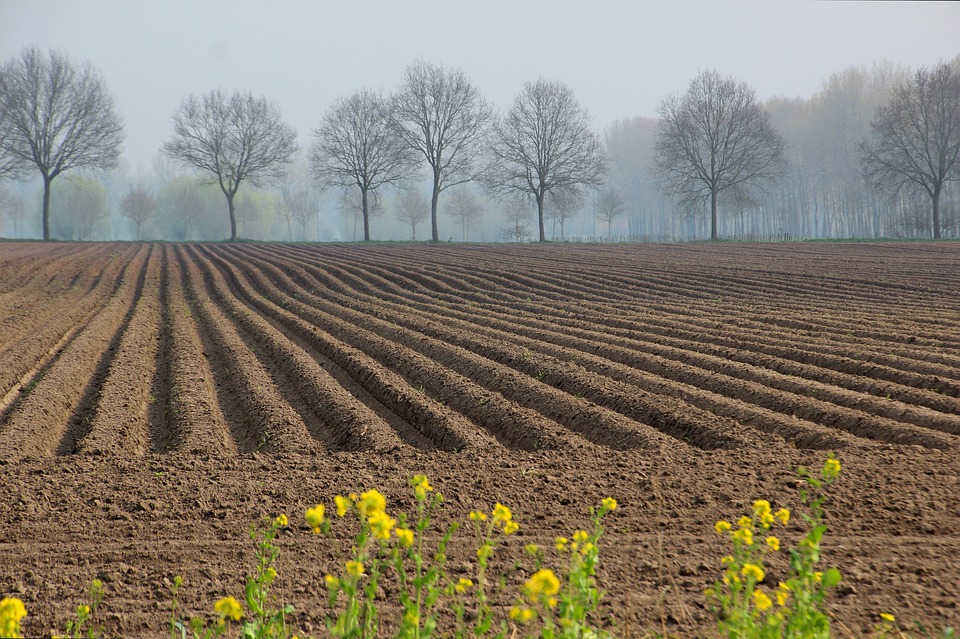A STUDY ON REST AND WORKS
As mentioned in the previous study of the Shunanem woman, the first mention in the Old Testament for the word rest is found in Genesis 2:2: "And on the seventh day God ended His work which He had done, and He rested on the seventh day from all His work which He had done."
The Hebrew word for rest in this verse is shabath and means "to cease, desist, rest (from labor.) It is where we get the word Sabbath.
Another Hebrew word translated as rest is sha'an and means "to lean on, trust in, support, to trust in God, lean, lie, rely, rest on, stay." This word is found in Genesis 18:4: "Please let a little water be brought and wash your feet and rest yourselves under the tree."
This verse occurs after Abraham received the Covenant and was circumcised. I'm sure there are many lessons to be mined here, but for now, what I see is a pleasant picture this one verse depicts of rest: sitting in the shade of a tree after a journey, with a little water being brought to you to soak your feet. Remember, the Living Water is our Rest. This word sha'an is the word translated as lean in the Proverbs 3:5-6 passage: "Trust in the Lord with all your heart, and lean not on your own understanding. In all your ways acknowledge Him and He will direct your paths."
The first mention for the word rest in the New Testament is found in...

.jpg)



Comments
Post a Comment